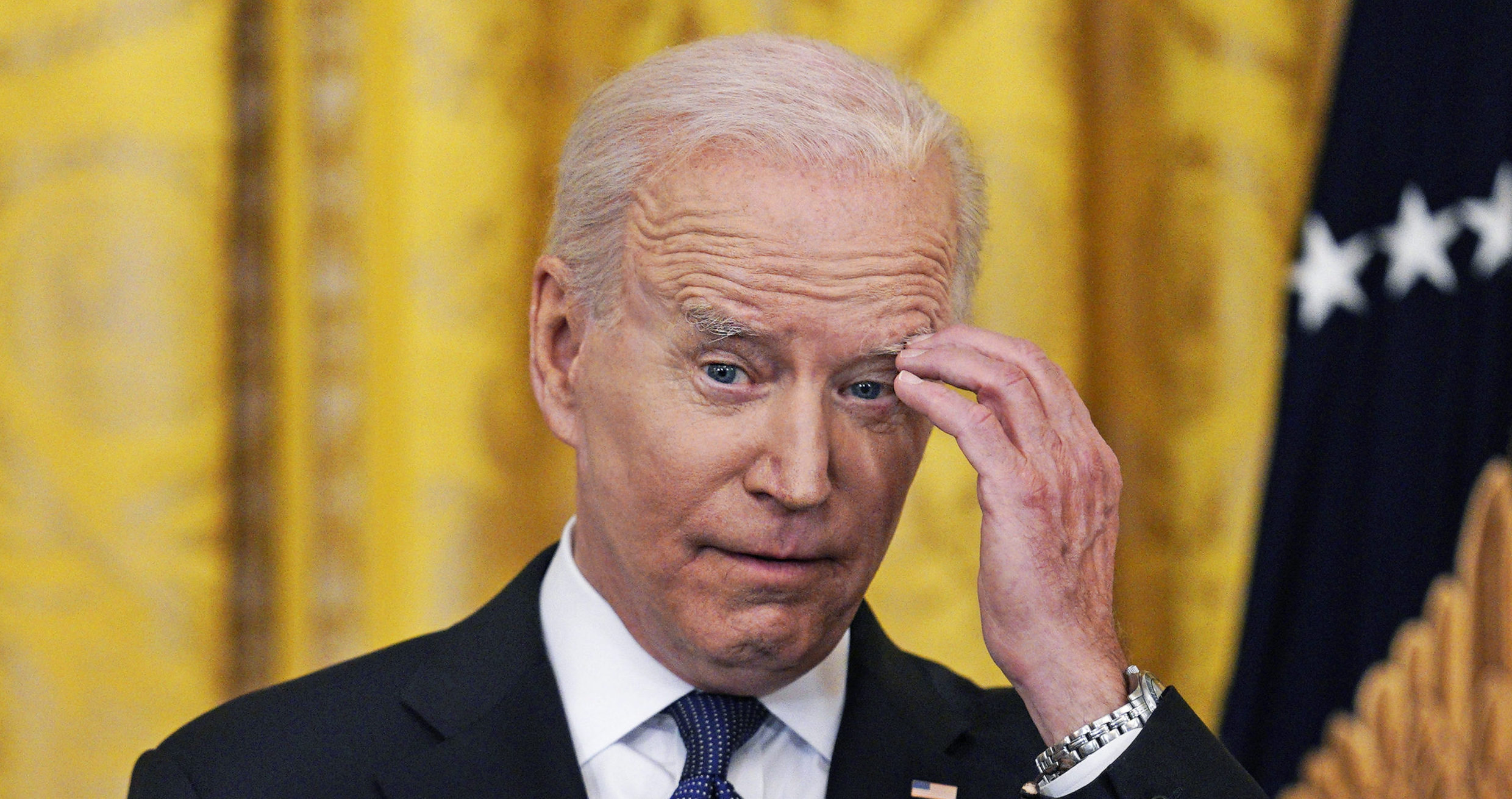Earlier this year, the latest National Terrorism Advisory System Bulletin stated that the United States remained in a ‘heightened threat environment’ fuelled by ‘an online environment filled with false or misleading narratives and conspiracy theories, and other forms of mis- dis- and mal-information (MDM) introduced and/or amplified by foreign and domestic threat actors.’ The memo goes on to say ‘these threat actors seek to exacerbate societal friction to sow discord and undermine public trust in government institutions to encourage unrest, which could potentially inspire acts of violence.’
It’s this threat of MDM in particular which inspired the Biden Administration’s new Disinformation Governance Board.
Ostensibly set up to combat misinformation in minority communities, this new Board is just as difficult to critique as it is to support. From language like ‘could potentially inspire acts of violence,’ to its guiding and too-nebulous concepts of misinformation, disinformation, and malinformation, the Board’s mission borders on satire. It’s clearly an online censorship cabal.
Like fascism, white supremacy, or even real terrorism, the vagueness of MDM feels purposeful. Anything can qualify in the right light, including the only recently acknowledged but long confirmed story about Hunter Biden’s laptop, or statistics about the dubious benefits of mask-wearing to prevent the spread of Covid-19.
Then there’s the proposed leader of the Board, the “disinformation expert” Nina Jankowicz. As a class, Jankowicz included, “disinformation experts” feel curiously similar to Bush-era Islamism “experts.” They come with impressively long lists of credentials that upon closer inspection seem to amount to little more than: “I’ve spent years promoting the pre-packaged, state-sponsored narratives about how X is a threat to democracy.”
Just take a look at Jankowicz’s publications tab on her own website: it’s a list of articles for the websites like Buzzfeed, with headlines like, “Facebook Groups Are Destroying America,” and “Facebook is undermining democracy.”
The board is, unsurprisingly, already under attack by Republicans, who have compared it to 1984’s Ministry of Truth.
Others on social media have compared it to China’s Great Firewall, suggesting that it may be a forebear to similar policies. In his book TikTok Boom, reporter Chris Stokel-Walker states that since 1996, the Chinese government has seen the Internet as not only a threat to its national security, but to its social stability.
“The boundaries between reality and virtuality are becoming more ambiguous,” a 2017 memo from China’s cybersecurity administration noted, “Cybersecurity is not only related to the security of our country and our society, but more importantly is related to the personal interests of every netizen.”
That is, it’s not enough that Chinese citizens aren’t influenced politically or made the victims of cyberattacks, they must also be shielded from pernicious and potentially corrupting social trends.
These comparisons don’t feel dramatic. The crusade to censor the American Internet has, thus far, been a clumsy operation at best.
On the one hand, The New York Post lost access to its Twitter account for publishing a newsworthy (and truthful) story that threatened the Biden administration. Amazon Web Services, the largest cloud provider, meanwhile, banned the Right-wing social media app Parler in 2021. On the consumer-side, users on social media platforms like Twitter and Instagram feel like they’re subjected to politically motivated suspensions and shadow bans.
But equally, social media accounts that post violent threats, some of them credible, regularly evade punishment. I’ve experienced it myself. This trend fuels much of the Left-wing complaints about online harassment and abuse, including those put forth by Jankowicz.
With all that in mind, I can’t help but wonder if this inconsistency is part of some master plan to sustain calls for tighter speech regulations. Censor dissenters and irregularly punish what’s obviously objectionable, like targeted threats of violence.
This is where Joe Biden’s Disinformation Board fits in; there will always be appeals to one’s sense of safety, pointing to clear cut cases of harassment as proof of why we need more regulation. The digital noose is tightening, and now the state will have an even tighter grip on our online lives.











Join the discussion
Join like minded readers that support our journalism by becoming a paid subscriber
To join the discussion in the comments, become a paid subscriber.
Join like minded readers that support our journalism, read unlimited articles and enjoy other subscriber-only benefits.
Subscribe